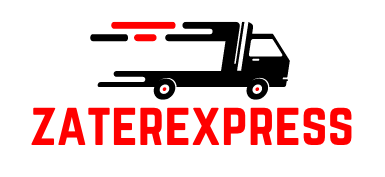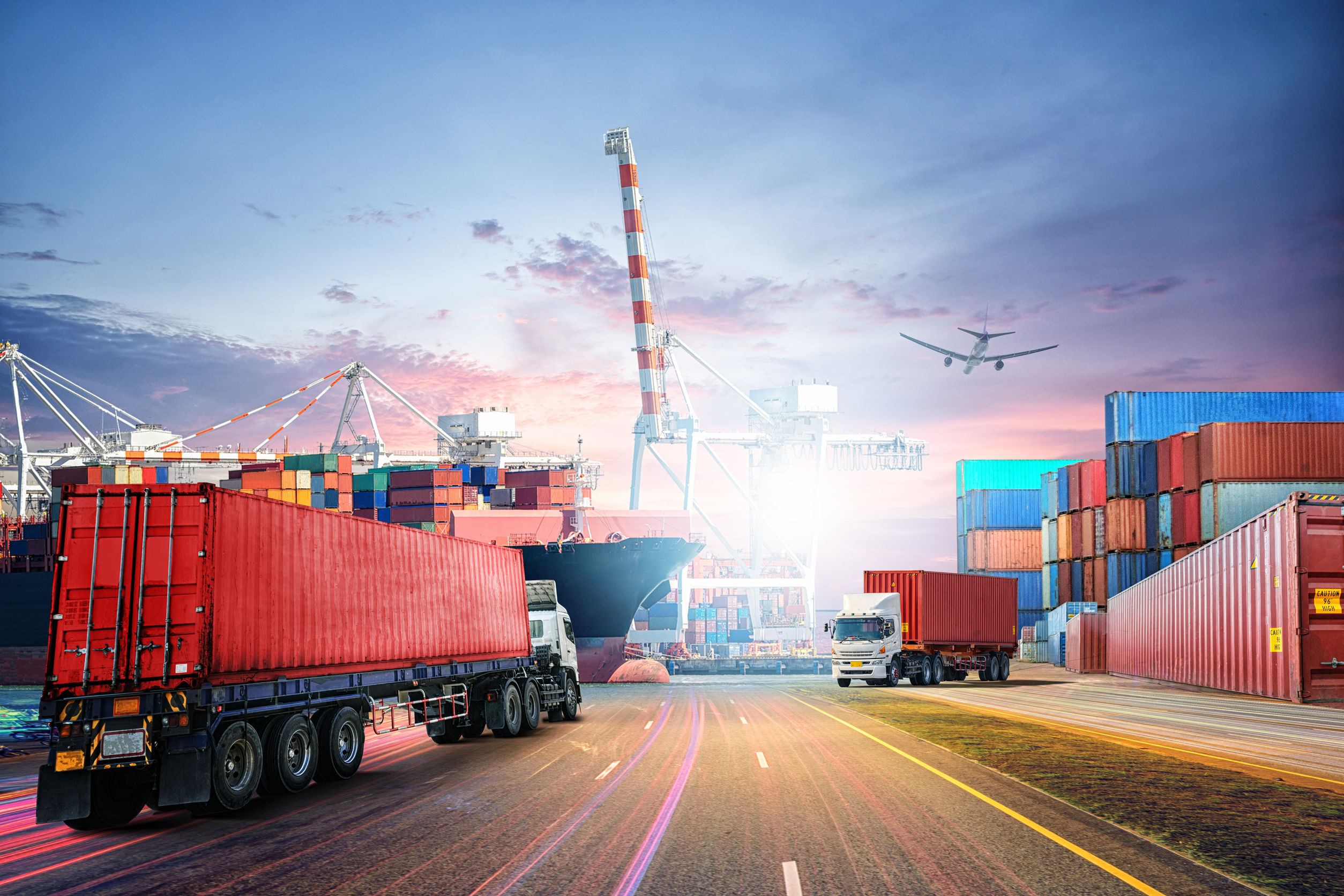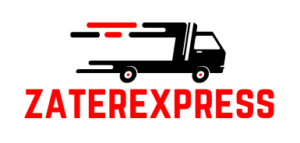Truckloads are larger than normal shipments. A typical truckload weighs over 10,000 lbs in weight and normally takes up an entire semi-trailer. A full shipment can range from 24-30 pallets and up.
Some of the primary benefits of truckload shipping in contrast to other freights shippings like LTL (less than a truckload) include:
- Less risk of damages is greatly reduced
- Increase in the speed of transit
- Little or no use of freight class
- Better insurance coverage
All of these mostly result from the fact that your freight will not be moved out of the truck all through the period of its entire trip.
In contrast to truckload shipments, less than truckload shipments otherwise known as LTL, have to stop at different points to deliver or pick up new packages.
When you ship a truckload, the carrier only makes a pick-up at the point of shipping and drives straight to the destination. The truck does not stop except in cases of refuelling and other factors. This makes the delivery faster than LTL’s. Consequently, there is lesser risk of your freight incurring any damage in the process of transit.
This is why a lot of people opt for truckload transportation over LTL and other shipping options when they have correctly identified their shipment as a truckload.
One of the major benefits of truckload transportation is the fact that you can pattern the truck to your exact specifications, need and taste. For example, if you intend to ship perishables you can use equipment that provides for appropriate conditions like a reefer to ensure that cargo is intact at the point of delivery. You can also achieve this by using extensive equipment options.
Some other examples of trucks used in Truckload transportation are flatbeds and dry vans.
What Does The Future Hold For Truckload Transportation?
Logistics has taken huge strides with respect to technology.
Presently, technology has been a major influence on supply chain and logistics and this points to a recurring trend of advancements in logistics technology.
Truckload technology as we know it today will be different from how it would be 5 – 10 years from now. Some of the predicted changes have been estimated to occur in the following areas:
Blockchain
Basically, a blockchain is a time-stamped series of immutable record of data that is managed by a cluster of computers not owned by a single entity. Each of these blocks of data is secured and bound to each other by cryptographic principles / Chains
In addition to this, blockchain saves time and money. It disrupts the way administration is done. Transactions are digitalized, and the unnecessary cost is cut out. Payments are also assessed and stored faster which reduces billing time by a huge percentage.
Blockchain provides an advanced solution for truckload transportation.
The blockchain has the ability to disrupt and transform industries primarily because it lacks a central authority. It is a perfect reflection of a democratized system as it has a shared and immutable ledger. The information contained within it is transparent and everyone is held accountable for what they do.
Big Data
Big data is used to describe the large volume of data – both structured and unstructured – that engulfs an organisation every day. The most important thing about having big data is not the data itself but what is done with it. When data is analyzed, insight can be got and better decisions can be made to affect the business positively.
In this light, truckload transportation will leverage important insight from big data in the coming years to make tremendous advancements.
Cyber Security
The need for cybersecurity in recent times has grown tremendously.
Cyber security is the practice of protecting systems, networks, and programs from digital attacks.
Some of the forms of cyber security that exist today include digital viruses that can destroy important information that an organisation has which could, in turn, affect the supply chain negatively, taking data hostage for some ransom, etc.
The future of truckload transportation largely depends on the ability of companies to manage data security effectively by providing clients with truckload transportation that is as safe as possible.
Automation
Automation is the backbone of modern logistics technology.
Automation is changing the game in various industries today and truckload logistics is not left out of the equation.
Automation is used to describe the application of technology to control and monitor production and delivery.
With automation, tasks formerly done by humans are performed by machines without fuss.
For example, robots can now be used to complete a bit-sized manual process like packing and shipment processes.
Green Logistics
Green logistics is the process of reducing damage to the environment that come as a result of the logistics operations done by an organisation.
Effective truckload transportation companies work towards contributing to the improvement of environmental issues through employee and company efforts.
The future of truckload logistics will see more patterns in favour of this.
All of these developments will greatly affect the way truckload transportation is done.
In a nutshell, technology is shaping the future of truckload transportation. And, truckload transportation as we know it today will become more efficient and timely in the nearest future. It will involve easier and more effective processes which will, in turn, provide more benefits for businesses.
If you were a big fan of truckload logistics, chances are, you’d become an even bigger fan!


